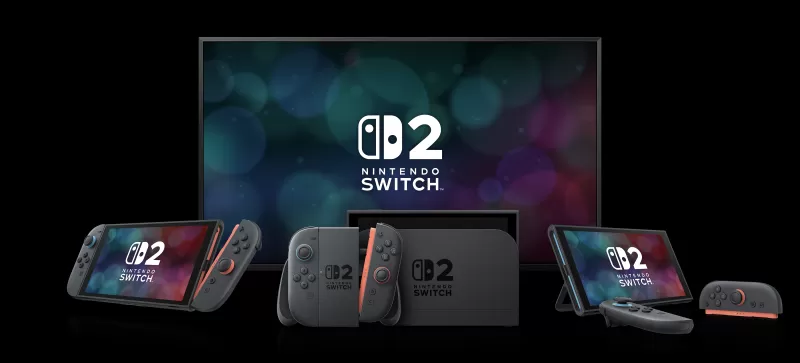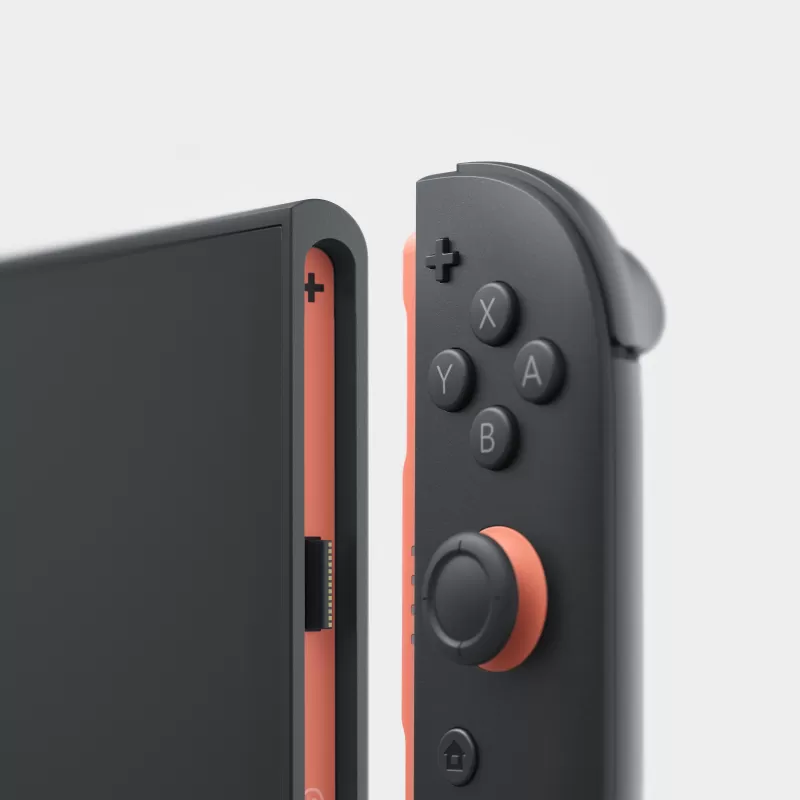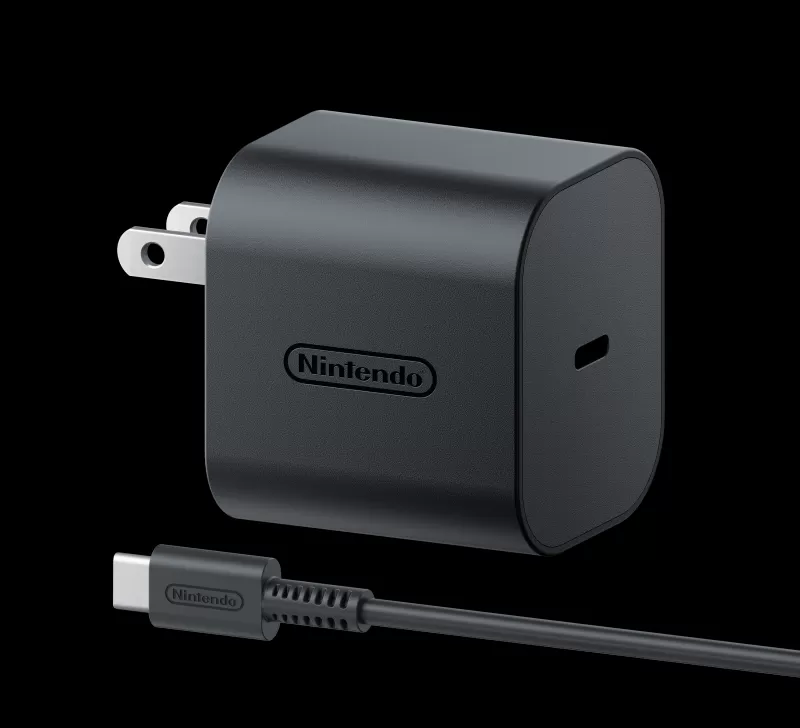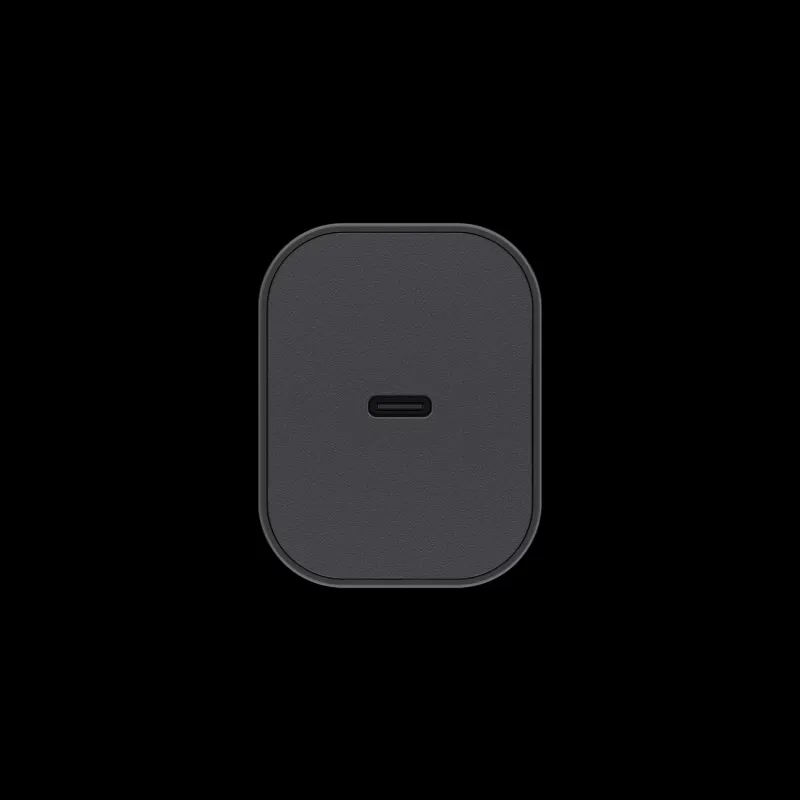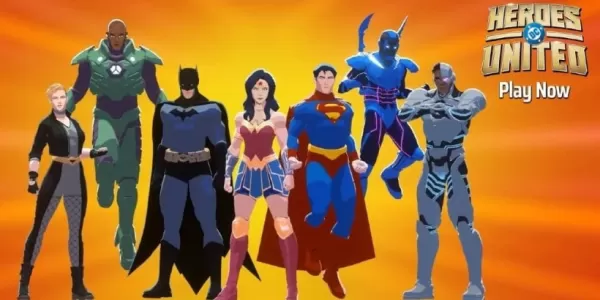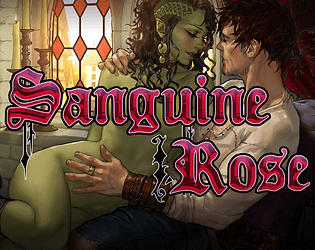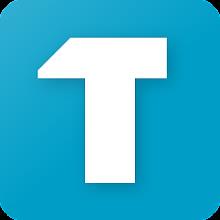It's been a tumultuous week for U.S. gamers, marked by a whirlwind of news. The excitement kicked off with the full reveal of the Nintendo Switch 2, showcasing its impressive features and game lineup. However, the joy was short-lived as the $450 price tag and $80 for Mario Kart Tour left many fans disappointed. The roller coaster continued this morning when Nintendo announced a delay in pre-orders, citing the need to assess the impact of the Trump Administration's sudden, sweeping tariffs on global trade.
We've previously discussed the reasons behind the high cost of the Nintendo Switch 2 and the potential effects of these new tariffs on the gaming industry. Now, the burning question on everyone's mind is: what will Nintendo do next? Will the Nintendo Switch 2 become even more expensive when pre-orders finally open?
Typically, when faced with questions about the future of video games, I consult a panel of expert industry analysts. While they can't predict the future with certainty, they usually provide a well-informed consensus based on evidence and data. I've already done this twice this week, but this time, something unprecedented happened: every analyst I spoke to was stumped. They offered guesses about whether Nintendo would raise prices, but each response was heavily caveated with an emphasis on the current chaos. This situation is unique, unfolding rapidly, and no one can accurately predict the actions of Nintendo, the Trump administration, or any other stakeholders in the coming days, weeks, or months.
With that in mind, here's what the analysts I spoke to had to say:
Sky-High Switch
The analysts were divided on the issue. Dr. Serkan Toto, CEO of Kantan Games, initially thought it was too late for Nintendo to raise prices after the announcement, but the delay changed his perspective. He believes Nintendo will likely run simulations and announce price hikes for the system, games, and accessories. "I hope I am wrong, but if sustained, these sky-high tariffs leave them no choice. Would you be surprised now to see Switch 2 hit US$500 for the base model? I wouldn't," he said. Toto also questioned Nintendo's timing, wondering why they didn't wait for the U.S. to resolve the tariffs before setting prices.
Mat Piscatella, senior analyst at Circana, echoed the sentiment that the situation is unprecedented and unpredictable. He believes that game prices, including those from Nintendo, are likely to increase, though the extent and specifics are uncertain. "Based on the conversations I'm having, the breadth and depth of the tariffs surprised everyone, not just consumers," he said. Piscatella noted that Nintendo likely had some assumptions about tariffs when setting the initial price, but the actual tariffs were much higher than anticipated. He emphasized that businesses relying on international supply chains must reevaluate their U.S. consumer pricing.
Manu Rosier, director of market analysis at Newzoo, predicts that hardware prices will increase due to the tariffs, but he believes software prices might not be affected as significantly. "While physical versions might be subject to tariffs, the growing dominance and lower cost of digital distribution would likely limit any broader effect," he said. However, he noted that if a substantial tariff increase were introduced, companies like Nintendo would likely pass the additional cost onto consumers through higher retail prices.
Holding the Line
On the other side of the debate, Joost van Dreunen, NYU Stern professor and author of SuperJoost Playlist, acknowledges the possibility of a price increase but believes Nintendo will try hard to avoid it. "I believe the volatility from the Trump tariffs was already considered in the Switch 2's $449.99 pricing," he said. He pointed out that Nintendo has restructured its supply chain to mitigate geopolitical risks and historically aims for a launch price around $400, adjusted for inflation. However, he noted that the unpredictable nature of these tariff decisions could force Nintendo to reassess if the trade landscape worsens.
Piers Harding-Rolls, games researcher at Ampere Analysis, agrees that Nintendo faces a difficult situation after announcing the launch price. He suggests that the company will try to maintain the announced price until at least 2026 but might adjust it if the tariffs persist. "The extent of the tariffs and its impact on Vietnamese exports are really bad news for Nintendo," he said. He believes Nintendo is hoping for a solution in the coming weeks and is wary of consumer backlash if prices are raised further.
Living in Unhinged Times
Rhys Elliott, games analyst at Alinea Analytics, predicts higher prices for both Nintendo hardware and software due to the tariffs. He referenced his previous comments about Nintendo's strategy of offering cheaper digital editions in certain markets to encourage digital purchases. "It seems the lower prices in other markets were to nudge Switch 2 buyers to digital, as I mentioned my comments to IGN about Mario Kart World’s pricing. Nintendo might have wanted to do something similar in the US, but the tariff situation is so chaotic that Nintendo was in 'wait and see' mode — and decided to hedge its bets to see if it needed to offset the tariffs," he said.
Elliott also painted a grim picture of the broader impact of the tariffs on the gaming industry, aligning with warnings from the Entertainment Software Association. He believes the tariffs will result in a "weaker, poorer nation," with consumers ultimately bearing the cost. He criticized the tariffs as detrimental to consumers and the gaming industry, arguing that they contradict core economic principles of international trade.
Nintendo Switch 2 System and Accessories Gallery
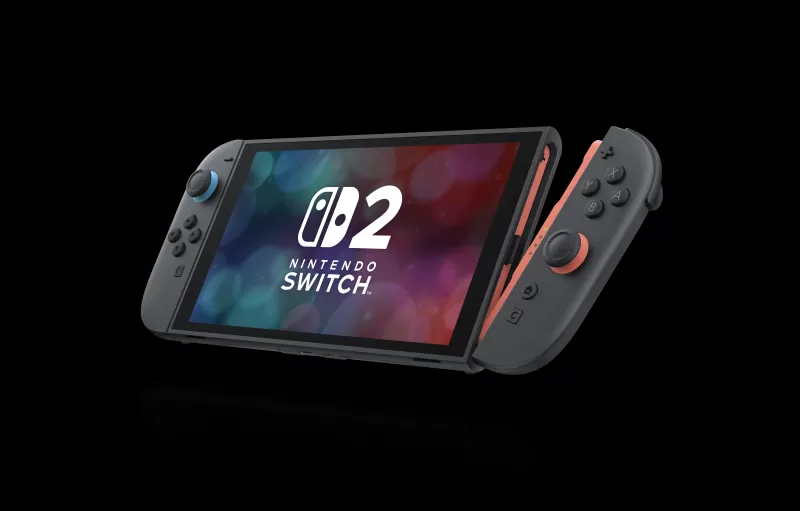
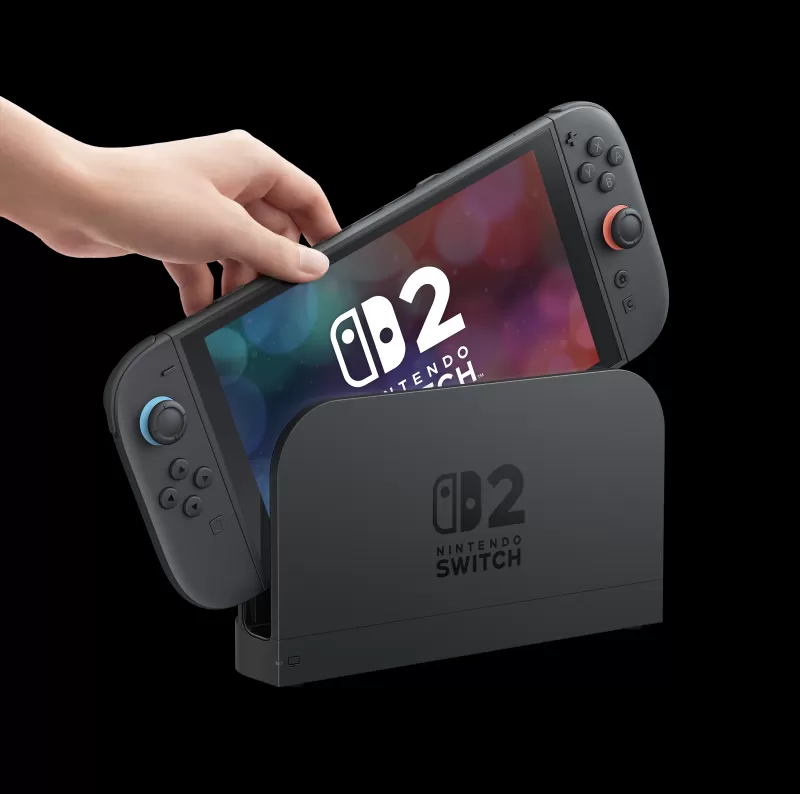 91 Images
91 Images